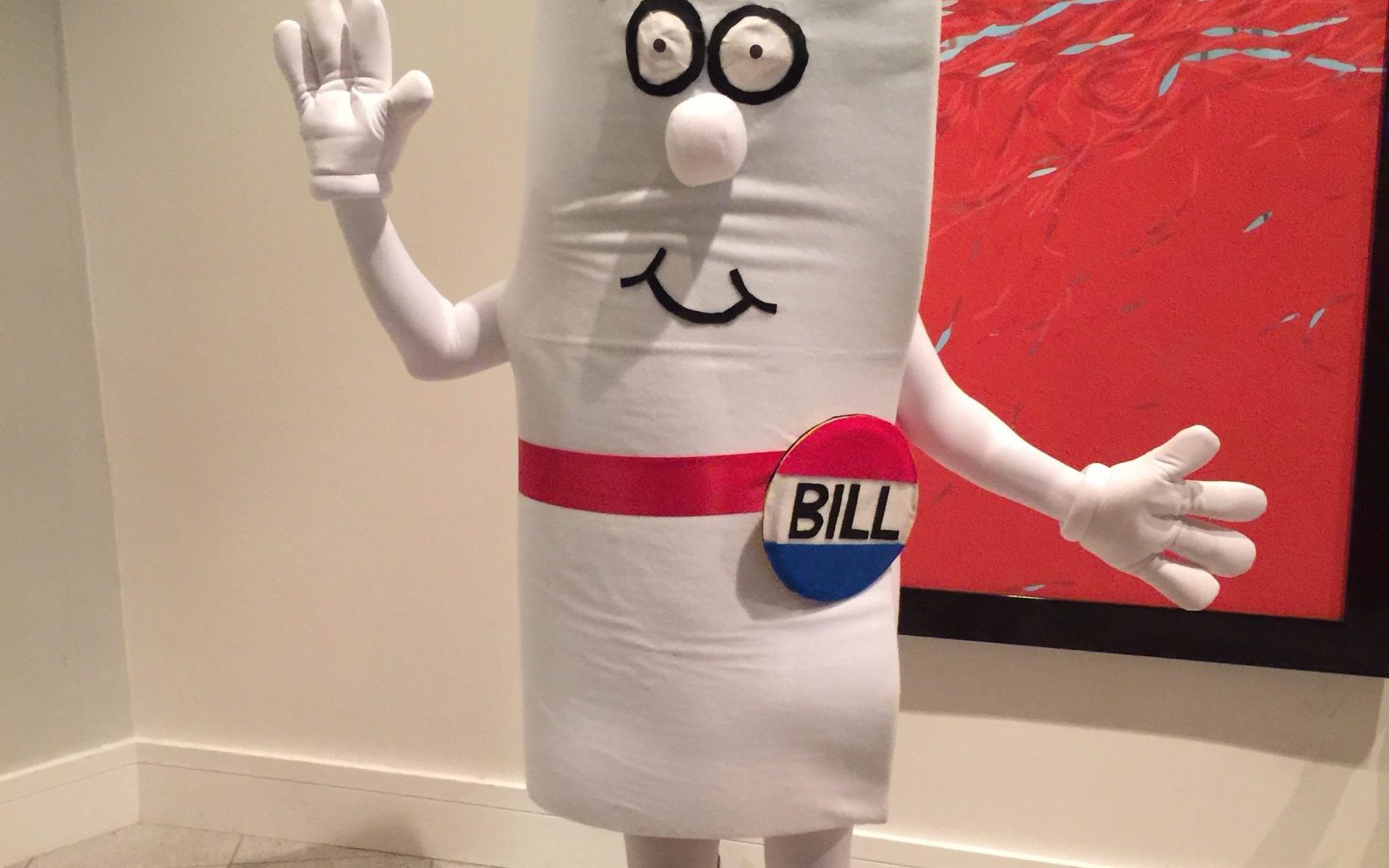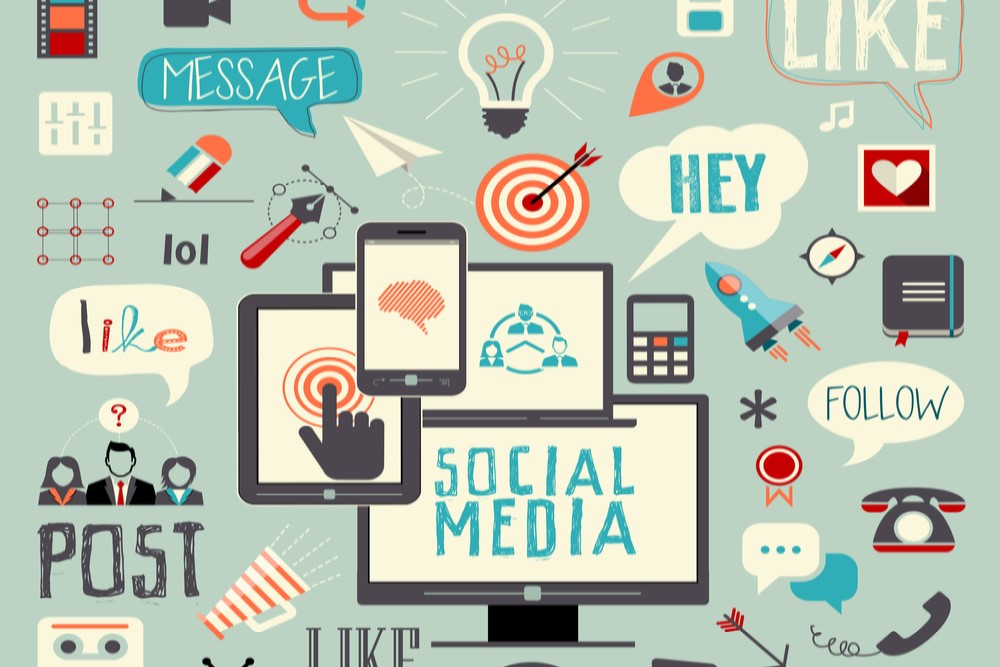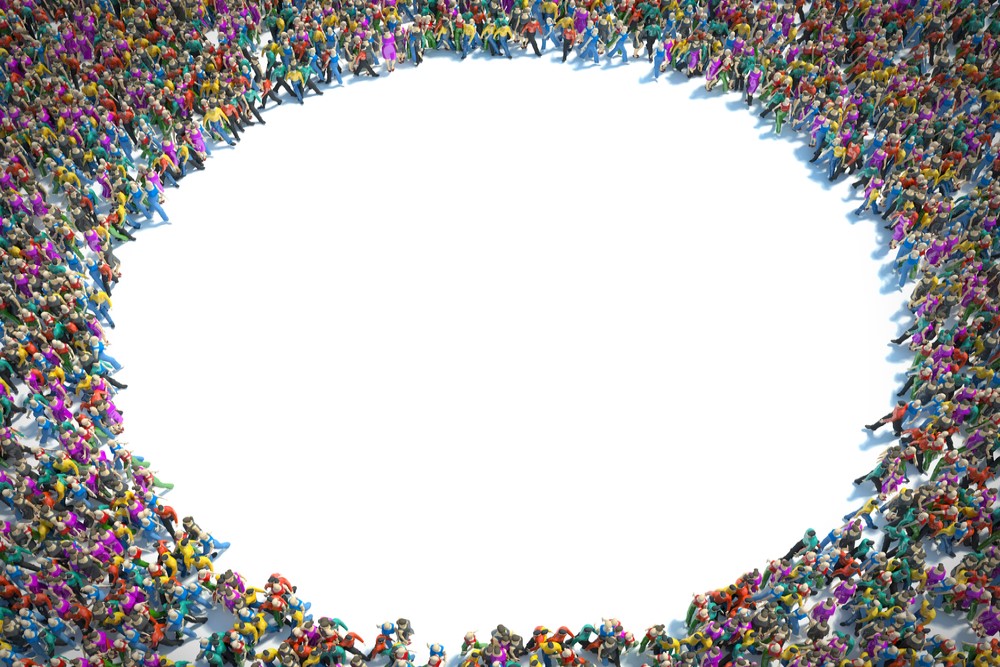In my previous column, I surveyed recent criticisms of social media platforms, such as Bluesky, where the userbase skews toward one end of the political spectrum. Many argue that these platforms are echo chambers and that continuing to use them has various negative effects for the users, so users ought to leave for less polarized platforms.
Drawing on the work of C. Thi Nguyen, I argued that social media platforms, at worst, enable users to create epistemic bubbles, and thus one can resolve problems associated with them by seeking additional information from other sources. Further, I contended that polarization on social media platforms is just another facet of our general background polarization, so it is not obvious why we ought to pop this particular bubble first.
However, one might argue that there is something troubling about knowingly remaining in any epistemic bubble. Thus, even if we cannot show that the epistemic bubbles which social media lend themselves towards are especially troubling, then our mere knowledge of them implies that we ought to pop those bubbles. Further still, adding new voices and perspectives to one’s social media feed is much easier than moving, starting a new hobby, etc. So perhaps we should strive to pop epistemic bubbles in general, but we ought to specifically target bubbles on social media platforms because they are the least costly to pop.
But what precisely is troubling about knowingly remaining in an epistemic bubble? One argument is that it inhibits someone’s search for the truth. In the second chapter of On Liberty, John Stuart Mill offers a famous defense of the freedom of thought and discussion. Often echoed in arguments about free speech today, Mill contends that allowing open and broad discussion of any idea, however fringe, is vital for the pursuit and acquisition of knowledge. Even repugnant and widely rejected ideas, Mill contends, must be carefully examined lest our rejection of it become a dead dogma.
Consider the following. Most people in liberal democracies endorse racial equality, the idea that an individual’s race is irrelevant to her moral worth, character, and merit. Yet, if someone is pressed to justify this belief, they may find themselves pausing; while reflexively endorsing this belief after living in institutions that also endorse it, many find themselves unable to articulate why this view is more defensible than the alternatives. A proponent of Mill would argue that racial equality has become a dead dogma. It is the cultural default view, so to speak, and any who question it even for the sake of argument may face social punishment. As a result, many may know that they accept it as true but cannot explain why it is true.
So, without open discourse and discussion, people may find themselves unable to defend their beliefs or explain why alternative views ought to be rejected. This may not make a difference for us personally, but it might leave some in a troubling situation. If people are not able to articulate why their beliefs are true, those beliefs may be on more precarious ground. Perhaps part of the reason for online radicalization is that people have not been inoculated, so to speak, against views on the radical fringes; when one cannot articulate why they believe a basic moral tenant of their society, encountering a cogent argument against its truth may be a profoundly troubling experience.
So how does this connect to epistemic bubbles? The less that we encounter positions we disagree with, the more error prone we may become in our beliefs. The less frequently that our beliefs are challenged, the less we are forced to seriously scrutinize them. Without scrutiny, we may come to accept falsehoods without realizing it. However, so long as we remain within an epistemic bubble, we will not encounter challenges to our beliefs. Thus, knowingly remaining in such a bubble appears troubling from an epistemic perspective.
(Of course, it is worth noting that Mill seems to view our challengers as well-meaning truth seekers. If our interlocutors are trolls, motivated by hate or simply hoping to win an argument via rhetorical tricks, rather than discovering the truth, it is not clear that defending our beliefs against theirs benefits us and may in fact be an epistemic detriment for any audience to the discussion.)
The epistemic importance of encountering different beliefs may dovetail with a second troubling aspect of knowingly remaining in an epistemic bubble. When we perform an action, typically we do so based on our beliefs. If I am hungry, I enter the kitchen because I believe that I can find something to eat there; if I believe the fridge is empty, then I would leave in search of food. What I believe shapes what I do.
Of particular relevance here, though, is the link between beliefs and public policy. The policies which people endorse and the candidates for whom they vote are shaped by their beliefs, both about what is true and what values we ought to uphold. Further, the policies we collectively enact will impact the lives of others. When it comes to matters like, say, health care policy, who lives and who dies depends in part upon which policies that we adopt. Thus, one may argue that we have a moral duty to seek the truth in matters where our beliefs and thus our decisions have the potential to significantly impact others, as they do in the policy domain. To the extent that we knowingly remain in epistemic bubbles, particularly bubbles on matters relevant to policy, one may argue that we are violating our duties to others, specifically, our duties to hear arguments from differing perspectives, provided that hearing such accounts plays a role in discovering the truth.
This argument offers an important insight but its conclusion may be hasty. Ethical theories often distinguish between two sorts of duties. Some duties are perfect duties. Perfect duties are ones that we can complete. This is because perfect duties are the duties to refrain from wrongdoing. For instance, simply by refusing to kill others, you complete your duty to not kill. Other duties are imperfect duties. In contrast, we cannot complete these duties because they require active undertakings, rather than just refraining. For instance, most believe that we have a general duty to provide aid to others in need. However, in the world’s current conditions, no matter how much you aid others, more need will always remain. Thus, most theorists contend that imperfect duties have latitude; because you cannot complete them, you have some choice in when and how to fulfill them.
The distinction between perfect and imperfect duties now helps us see clearly the issue with the earlier argument. It seems that our duties to hear arguments from others in the pursuit of truth must be imperfect duties; we cannot possibly hear all arguments, nor can we discover all truths. Thus, this duty has latitude. We are not required to always pursue it, even if we have a general epistemic reason and a moral duty to seek out the perspectives of others, especially those who disagree with us.
As a result, it seems the arguments that we ought to leave platforms on which we have created epistemic bubbles may overreach. If our sources of information and outreach towards those who think differently from us are indeed epistemic bubbles, then we act culpably both as seekers of truth and as members of society. But imperfect duties, like our duty to hear from those we disagree with, are not ones that we must follow at all times. So long as we are doing enough to discharge the duty in other places and at other times, we have permission to opt out at least sometimes.
This suggests that the order to abandon social spaces free from ideological conflict is too hasty. Social media is ultimately, like any other technology, a tool. How we ought to use it depends on our purposes. Confronting alternative viewpoints needn’t be our sole driving motive. To make the point, we might consider a humorous post from Bluesky user Leon that describes a party with ideologically like-minded friends as an echo chamber. However, as long as you are putting in an effort elsewhere to engage with those who think differently than you, you should not be troubled that some spaces you occupy, digitally or physically, are not ideologically diverse.





